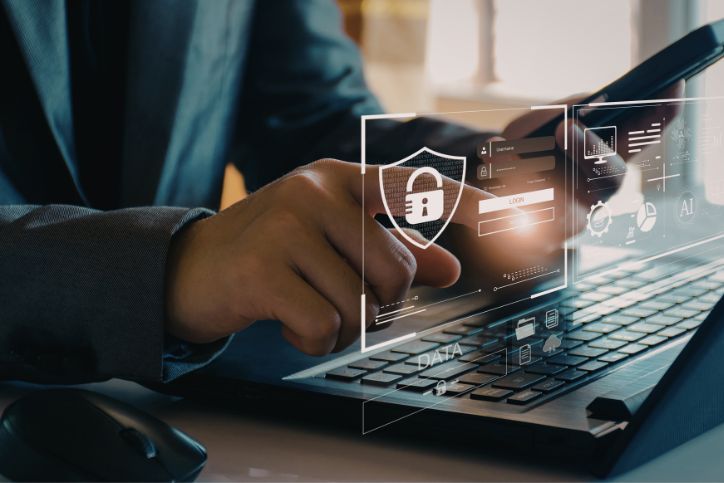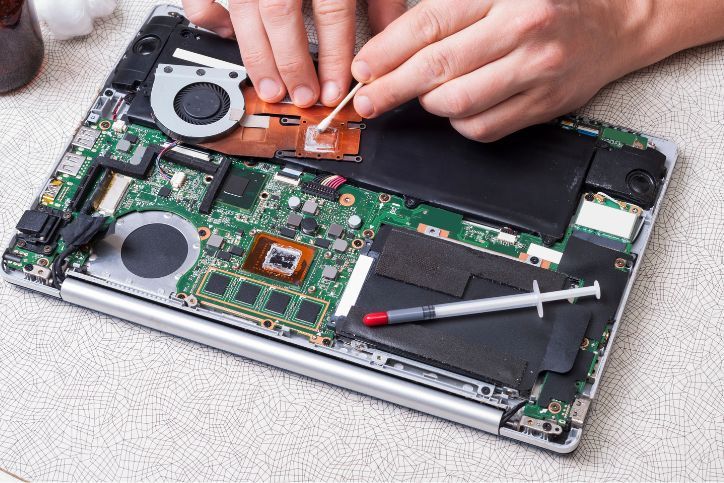What Causes a Computer to Contract a Virus?

You’re using your computer, and then all of a sudden, it behaves strangely. A pop-up may appear on the screen with a warning message. Maybe your browser has been hijacked, or it seems as though something has taken over your desktop background. Either way, you’re pretty sure something is wrong with your computer. Odds are, your computer has a virus! Viruses get into computers undetected and wreak havoc until they’re found and removed by antivirus software (or else they cause the computer to crash). There are many causes of computer viruses, and it’s essential to know what steps you can take to prevent them from happening.
Table of Contents
ToggleDownloading infected software or programs
The most common way to get a virus is by downloading infected software or programs.
- Downloading infected software or programs from a website. Non-reputable websites will most likely offer software that you are looking for. Most of the time, the software is free. The kicker is that the software has malware in it. The non-reputable company tricks users into installing malicious software on their computers by having them install the fake software they offer. This type of attack is called phishing and is one of the most common ways hackers infect your computer with malware.
- Downloading infected software or programs from a torrent site. Torrent sites allow users to download files using peer-to-peer technology, which means they can share information directly with each other through their computers’ internet connections instead of through an ISP (internet service provider). Oftentimes, these files are already infected with viruses before they’re downloaded onto your computer. Once they are installed on your system, they will try to connect with other computers via P2P so that the viruses can spread even further!
- Using peer-to-peer networks when sharing large files over wifi networks, such as those found in hotels and coffee shops, can also expose users who visit those locations to viruses because many people use public wifi without taking any precautions before connecting their devices to it.
Visiting suspicious websites
You can get a virus by visiting a website that has been infected with a virus. This can happen if you visit the website, even if it’s one you’ve visited before. It also happens when you visit a site for the first time.
Virus scanners can help you detect infected websites.
Opening emails and attachments from unknown sources
The most common cause of computer infections is opening emails and attachments from unknown sources. If you are unsure who sent the email or what it contains, do not open it. Even if you get an email from a friend, if it looks suspicious or asks for personal information, do not open it.
Don’t let yourself be fooled by these scams:
- “You’ve won $10 million!”
- Someone else needs your help to deal with his/her problems and will offer you money in return.
Inserting infected USB devices.
Inserting an infected USB device into your computer can also cause it to become infected with a virus. If you don’t know where the USB device has been, don’t use it at all. If you do use it, make sure to scan it for viruses first before using it.
A few other things which can cause a virus infection include:
- Not keeping up-to-date antivirus software on your computer (you should ensure this is done at least once per week).
Conclusion
As you can see from the list above, there are several ways that you can contract a computer virus. The most common ways are malware-laden email attachments and visiting unsafe websites. It’s important to remember that no medium is entirely safe. That’s why you need to be cautious whenever you use your computer. Furthermore, if your computer starts behaving oddly, especially if it has been acting that way for quite some time, chances are that something is wrong . Your best bet is to contact Geeks2You PC repair to patch the problem and fix the computer!
Instant Quote
Get A FREE Quote IMMEDIATELY
Other Blogs You May Be Interested In
Categories
Satisfaction Guaranteed
Computer Repair You Can Trust













